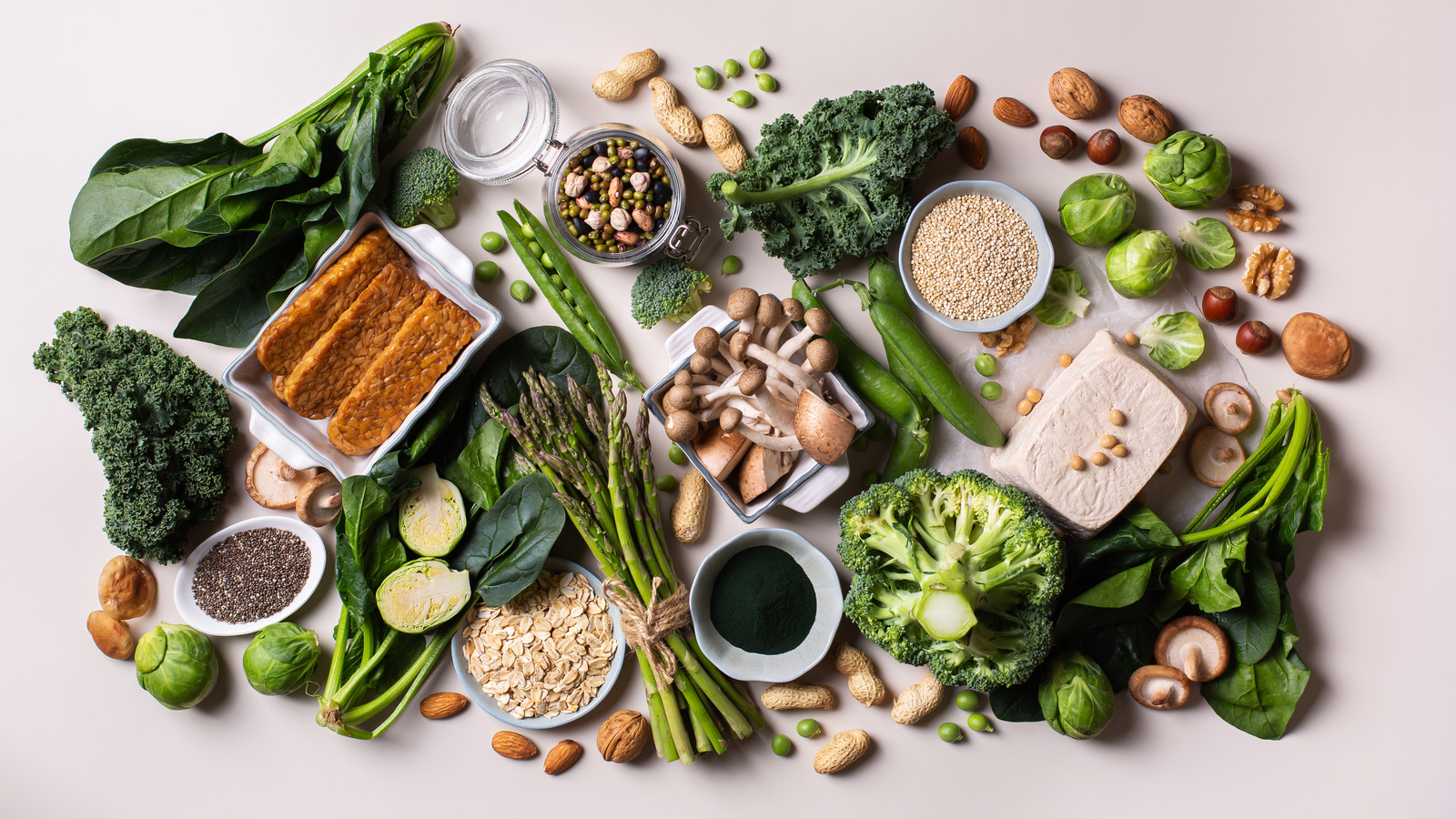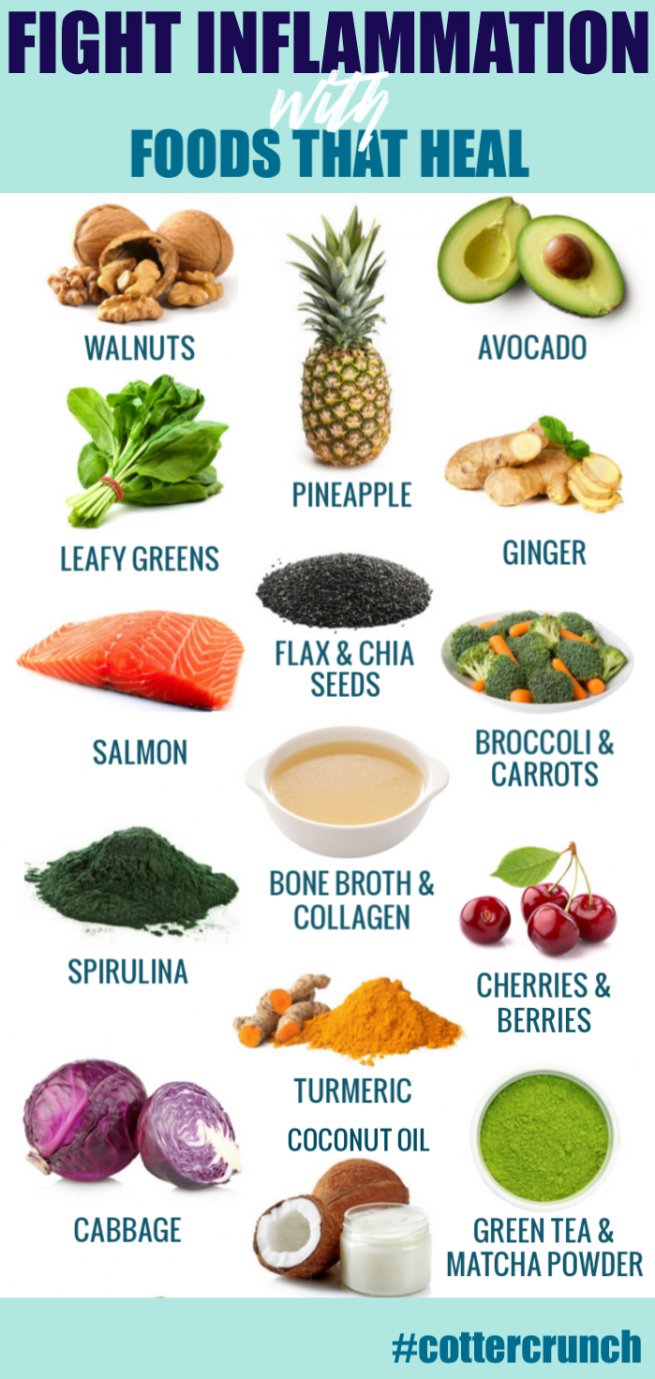8 natural supplements to help fight inflammation
by Admin
Posted on 27-02-2025 05:10 PM

Uses: reduces inflammation, supports immune system
forms: tablets, lozenges
zinc is one the effective natural anti-inflammatory supplements that support your immune system. Its anti-inflammatory properties reduce
pain
, oxidative stress, and inflammation. It also lowers the risk of cancer and reduces infection rates by 66%. Its recommended dose is 8 mg for women and 11 mg for men. If you take more than 40 mg a day, it will reduce the level of your good cholesterol and lower your immune function. Moreover, zinc can interact with diuretics, certain antibiotics, and calcium. So if you are taking any of these drugs, consult your doctor before taking zinc supplements.

Some natural supplements, such as omega-3 fatty acids, curcumin, and zinc, may help fight inflammation. However, some anti-inflammatory supplements may work better than others. Inflammation is the body ’s response to irritation, infection, and injury. Short term inflammation protects the body, while chronic inflammation can lead to long term pain and damage, such as in arthritis. Anti-inflammatory medications help fight pain and chronic. However, these drugs are not safe for everyone, and extended use can lead to complications and side effects. In this article, we describe some of the most effective anti-inflammatory supplements that people may wish to try, depending on the cause of their inflammation.
Don't try to suddenly switch to a new eating style. "start by slowly making changes so that these become more of a lifestyle shift rather than 'going on a diet ,'" moore says. "try to eat fewer foods that come from packages and more that come from the ground. "apply that approach to each meal. For breakfast, you might have a fruit smoothie or oatmeal with a few berries; for lunch, a salad of dark leafy greens with colorful vegetables topped with beans, nuts, and seeds; for dinner, a lean protein and more colorful vegetables, with fruit for dessert. The more color and variety you add to a meal, the more natural inflammation-fighting compounds you'll consume.
Inflammation is a natural process that helps you fight germs and heal from an injury or infection. But inflammation that never goes away can hurt your body or make you sick. chronic inflammation is linked to several diseases such as: osteoporosis.
The anti-inflammatory diet isn’t a set regime, but more about simply choosing foods believed to fight inflammation and limiting those thought to contribute to it. Luckily, lots of foods are thought to contain anti-inflammatory properties. Harvard university has come up with a list of anti-inflammatory foods , which includes tomatoes, olive oil, green leafy vegetables, nuts, oily fish and fruits. Meanwhile, “foods on the pro-inflammatory list include fried foods, sugary drinks, refined carbohydrates, animal fats and processed meats,” says medlin. Not getting enough of particular nutrients and micronutrients has been linked to inflammation. Foods high in refined carbohydrates, sugar, saturated fat and trans fatty acids – for instance some ultra-processed foods – and a diet low in fibre, natural antioxidants and omega 3, have also been linked to inflammation.
1. Omega-3 fatty acids
Fatty acids are among the most powerful inflammation-regulating nutrients in your diet. Choosing the right fats can shift your body’s inflammatory response. Omega-3 fatty acids: epa, dha, and ala are essential in fighting inflammation.
 These fats produce anti-inflammatory prostaglandins (hormone-like messengers) that help resolve inflammation. Omega-3s create prostaglandin-3 (pg3), which is known to combat inflammation. Omega-6 fatty acids: on the other hand, omega-6 fats can increase inflammation by producing prostaglandin-2 (pg2). Many western diets are overloaded with omega-6s and low in omega-3s, an imbalance that exacerbates inflammation. Ideally, aim for a 4:1 balance—4 parts omega-6 to 1 part omega-3.
These fats produce anti-inflammatory prostaglandins (hormone-like messengers) that help resolve inflammation. Omega-3s create prostaglandin-3 (pg3), which is known to combat inflammation. Omega-6 fatty acids: on the other hand, omega-6 fats can increase inflammation by producing prostaglandin-2 (pg2). Many western diets are overloaded with omega-6s and low in omega-3s, an imbalance that exacerbates inflammation. Ideally, aim for a 4:1 balance—4 parts omega-6 to 1 part omega-3.
An anti-inflammatory diet focuses on fresh fruits and vegetables, which are often good sources of antioxidants. Dietary antioxidants are molecules in food that help remove free radicals from the body. Free radicals are the natural byproducts of some bodily processes, including metabolism. Free radicals can lead to cell damage. This damage increases the risk of inflammation and can contribute to various diseases. An anti-inflammatory diet favors foods that are rich in antioxidants over those that increase the production of free radicals. Omega-3 fatty acids , which are present in oily fish, may help reduce the levels of inflammatory proteins in the body.
Thought to be the heart-healthiest of diets, the mediterranean diet is a style of eating popular among people who live along the mediterranean sea. A foundation of this diet is fish high in omega-3 fatty acid , which has been proven to reduce inflammation. “the mediterranean diet has been shown to be anti-inflammatory because of its focus on whole foods and omega-3 fatty acids,” zumpano says. “it also eliminates processed oils, like cottonseed and soybean oil, which are found in many ultra-processed foods. ”.